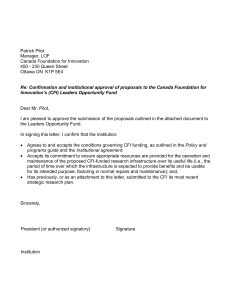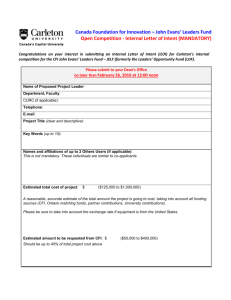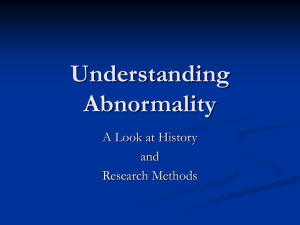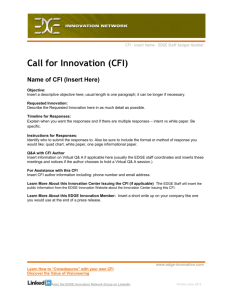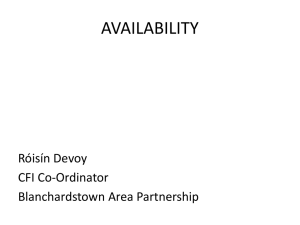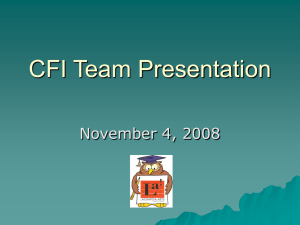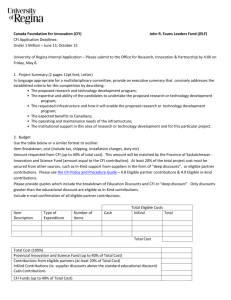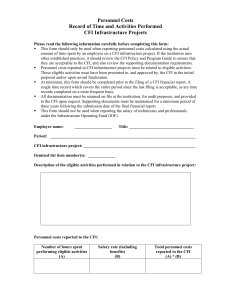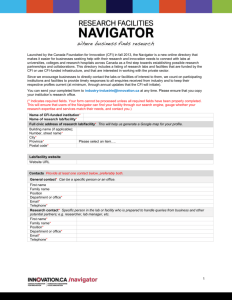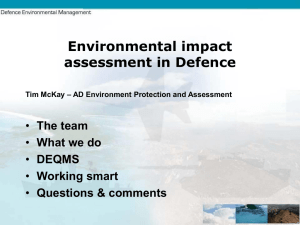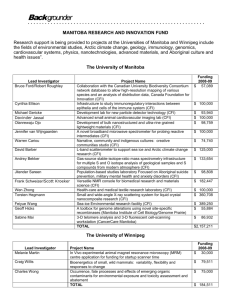role of flight instructor in dealing with student stress, anxiety and
advertisement
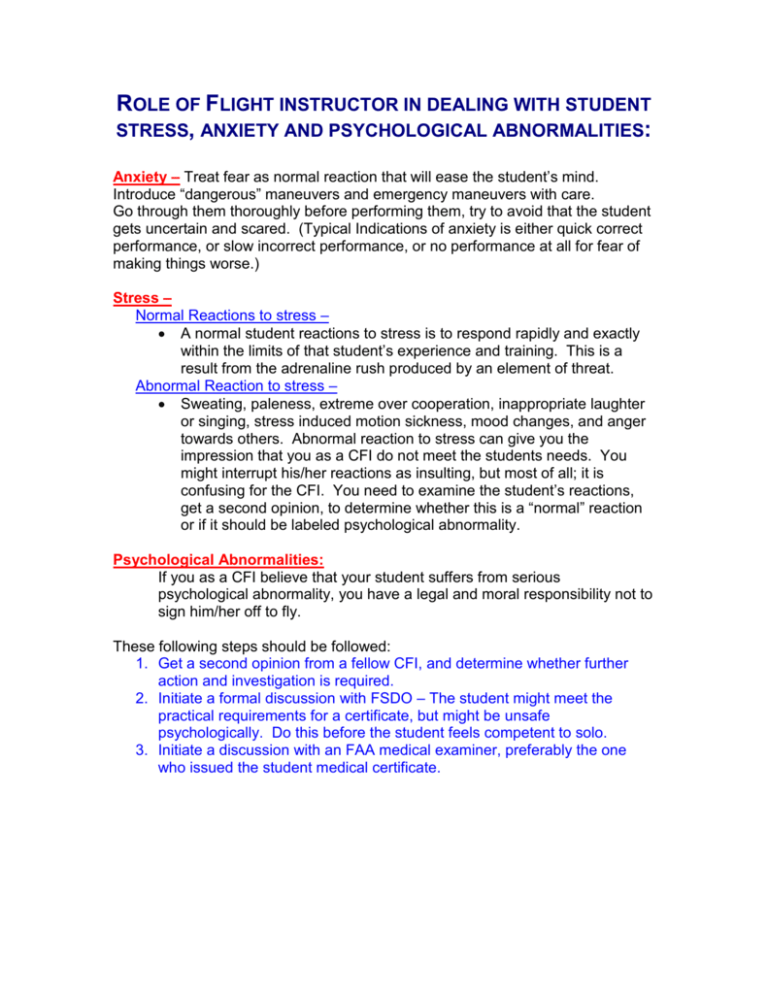
ROLE OF FLIGHT INSTRUCTOR IN DEALING WITH STUDENT STRESS, ANXIETY AND PSYCHOLOGICAL ABNORMALITIES: Anxiety – Treat fear as normal reaction that will ease the student’s mind. Introduce “dangerous” maneuvers and emergency maneuvers with care. Go through them thoroughly before performing them, try to avoid that the student gets uncertain and scared. (Typical Indications of anxiety is either quick correct performance, or slow incorrect performance, or no performance at all for fear of making things worse.) Stress – Normal Reactions to stress – A normal student reactions to stress is to respond rapidly and exactly within the limits of that student’s experience and training. This is a result from the adrenaline rush produced by an element of threat. Abnormal Reaction to stress – Sweating, paleness, extreme over cooperation, inappropriate laughter or singing, stress induced motion sickness, mood changes, and anger towards others. Abnormal reaction to stress can give you the impression that you as a CFI do not meet the students needs. You might interrupt his/her reactions as insulting, but most of all; it is confusing for the CFI. You need to examine the student’s reactions, get a second opinion, to determine whether this is a “normal” reaction or if it should be labeled psychological abnormality. Psychological Abnormalities: If you as a CFI believe that your student suffers from serious psychological abnormality, you have a legal and moral responsibility not to sign him/her off to fly. These following steps should be followed: 1. Get a second opinion from a fellow CFI, and determine whether further action and investigation is required. 2. Initiate a formal discussion with FSDO – The student might meet the practical requirements for a certificate, but might be unsafe psychologically. Do this before the student feels competent to solo. 3. Initiate a discussion with an FAA medical examiner, preferably the one who issued the student medical certificate.
